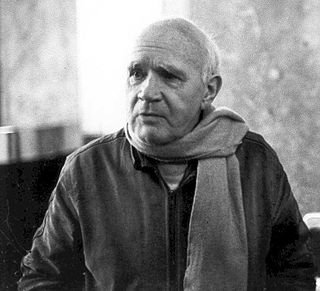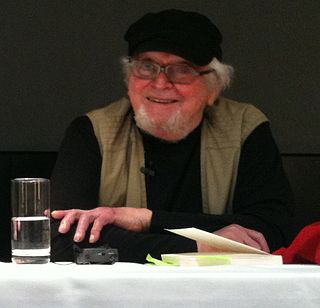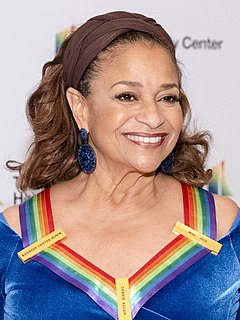A Quote by David Novak
Unlike the issue of messiahhood, which arose when Jews and Christians were members of the same religio-political community and spoke the same conceptual language, the issues of the incarnation and the Trinity divide people who are no longer members of the same community and who no longer speak the same language.
Related Quotes
If we write our laws and design them around the most privileged members of society, i.e., billionaire football team owner, then we forget about the people who don't have the same resources to make an appeal, to fight a wrongful accusation. Those tend to be members of the LGBT community and people of color because those are the people who tend to engage in the work of reappropriation to subvert discrimination. And yet those are the same ones being denied, based on their own identities.
If a novel is written in a certain language with certain characters from a particular community and the story is very good or illuminating, then that work is translated into the language of another community - then they begin to see through their language that the problems described there are the same as the problems they are having. They can identify with characters from another language group.





































